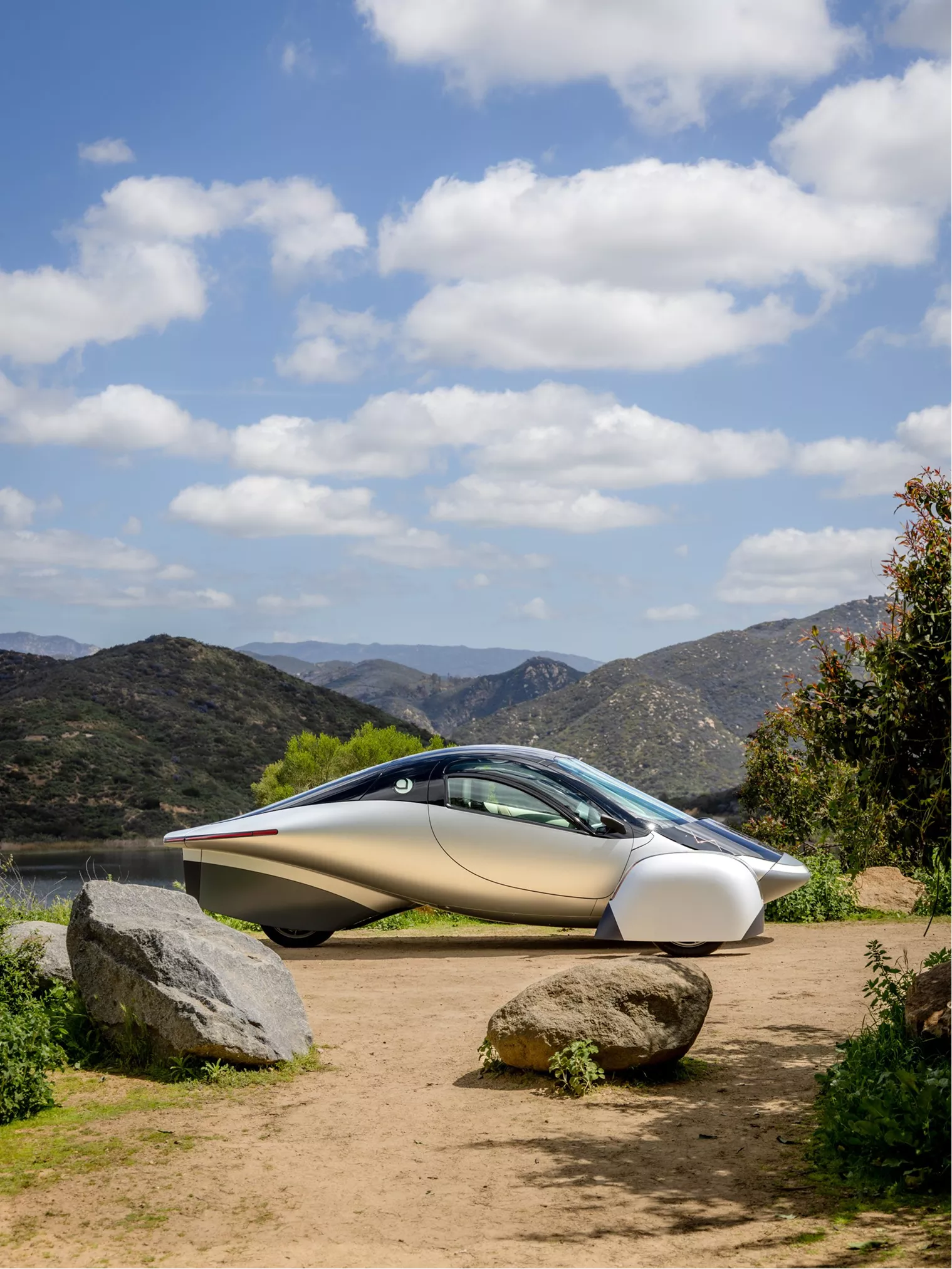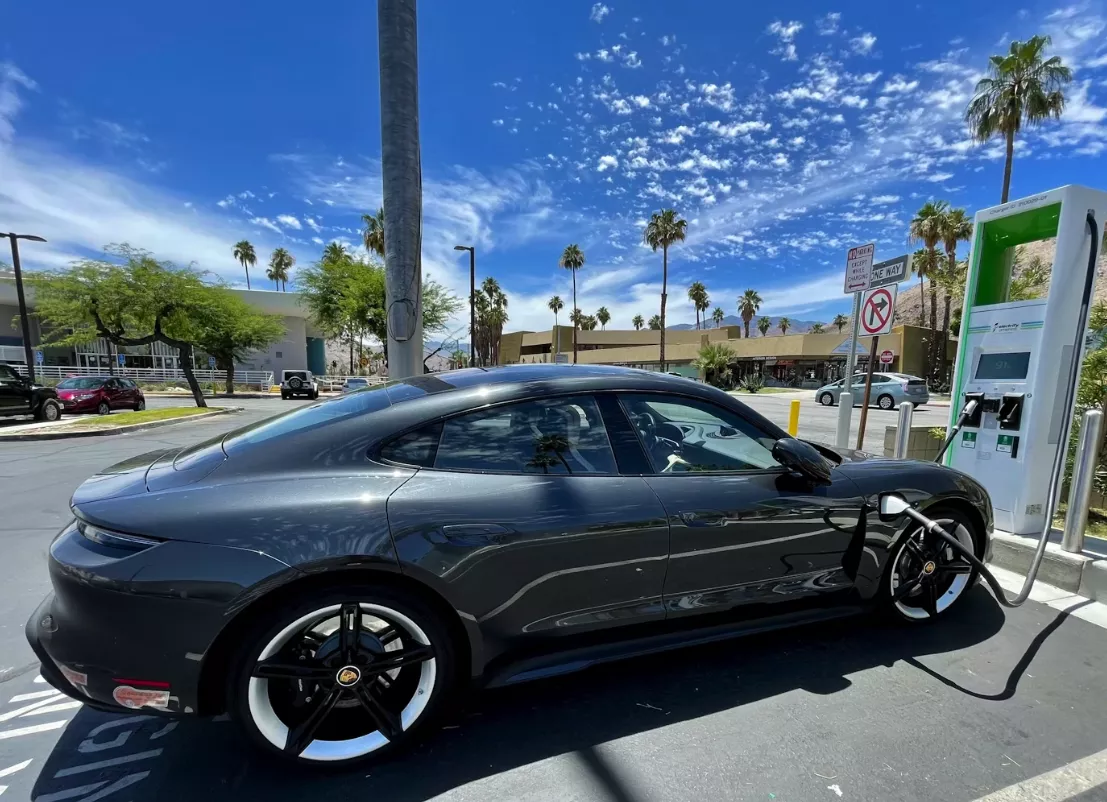






From EVs and batteries to autonomous vehicles and urban transport, we cover what actually matters. Delivered to your inbox weekly.

EVs are marketed as cheaper to own — but are they really?
Yes, you save on gas and maintenance, but upfront costs are higher, insurance is pricier, and public charging isn’t always cheap. So, do EVs actually win in the long run?
This week, we’re breaking down the real economics of EV ownership, from sticker price to resale value, and whether now is the right time to go electric.
Let’s dive in. ⚡
Let’s shed some light on TUGA Innovations! Their ultra-compact, high-performance EVs are designed for dense urban environments, offering a smarter, more efficient alternative to traditional cars. With a retractable wheelbase and modular design, TUGA is proving that smaller can be better when it comes to city mobility.
Could EVs like TUGA be the real future of urban transport? Check them out here.
While early adopters paid a hefty premium, the gap between EVs and gas cars is shrinking fast. But are we at the tipping point where EVs are the cheaper choice?
🔙 A decade ago, EVs were 40–50% more expensive than gas cars. Limited range, high battery costs, and a lack of charging stations kept them niche.
💰 Early adopters paid a premium, hoping long-term savings on gas and maintenance would balance the scales.
⚡ EV sticker prices are still 12% higher than gas cars — but…
🔋 Battery prices have fallen 89% since 2010, making EVs much more competitive.
🛠️ Maintenance costs are 44% lower, thanks to fewer moving parts.
⛽ Charging is cheaper if done at home — but fast-charging can rival gas prices.
📉 By 2026–2027, EVs are expected to hit price parity with gas cars. Yes, we know this is a bold claim. Here are some sources you may want to explore: TransportEnvironment, Mobility21, Reuters
🔄 Used EVs are holding their value better, with more automakers launching certified pre-owned programs.
⚡ Battery warranties and resale values are improving, making long-term ownership more attractive.

🚨 Big Question — Will EVs actually save you money, or will new fees (road taxes, grid pricing, insurance hikes) eat up the savings?
🔋 Tesla Drops Model Y Prices Again
Tesla has reduced the prices of its Model Y lineup by $2,000, bringing the Model Y Long Range to $48,490 and the Performance version to $52,490. (Electrek)
⚡ Fast Charging Is Getting More Expensive
Public charging rates have surged 30% in the last two years, making home charging the best bet for affordability. (Car and Driver)
🚗 Ford’s F-150 Lightning Prices Slashed
Ford has reduced the price of its F-150 Lightning electric truck by up to $10,000, with the base Pro model now starting at $51,990. (Car and Driver)
📉 Used EV Prices Are Stabilizing
After a 30% drop in 2023, the second-hand EV market is recovering as demand returns. The average price of a 1- to 5-year-old used EV is now 11.4% lower than that of similarly aged gas-powered cars. (Auto Remarketing)
💰 Government Incentives Are Shrinking
Several U.S. states are phasing out EV tax credits, potentially slowing adoption. (The Sun)
EV adoption is rising, but with price shifts and policy changes, the financial equation isn’t as simple as it used to be.
When buying an EV, sustainability is a factor, but the real question is whether it makes financial sense in the long run.
Let’s bust some myths!
🚫 Reality: While savings on fuel and maintenance are real, insurance costs and expensive fast-charging can eat into those savings.
⚠️ Reality: EV depreciation is improving. New resale programs from Tesla, Hyundai, and Ford are keeping used EV prices more stable.
🔋 Reality: Studies show modern EV batteries retain 64% of their capacity after 20 years. Longevity concerns are overblown.
Bottom line? EVs are getting cheaper — but they’re not a guaranteed money-saver for everyone just yet.
Still debating if an EV is worth it? This cost breakdown compares real-world EV vs. gas car ownership costs over 10 years.
With lower fuel and maintenance costs, EVs should win — but rising insurance prices, charging costs, and potential new taxes could cancel out those savings.
So, what’s more likely?
💡 A future where EVs are the obvious financial choice?
⚡ Or will hidden costs keep the debate alive?
📢 Drop your take in the comments! Are EVs actually cheaper, or is the math not as simple as it seems?